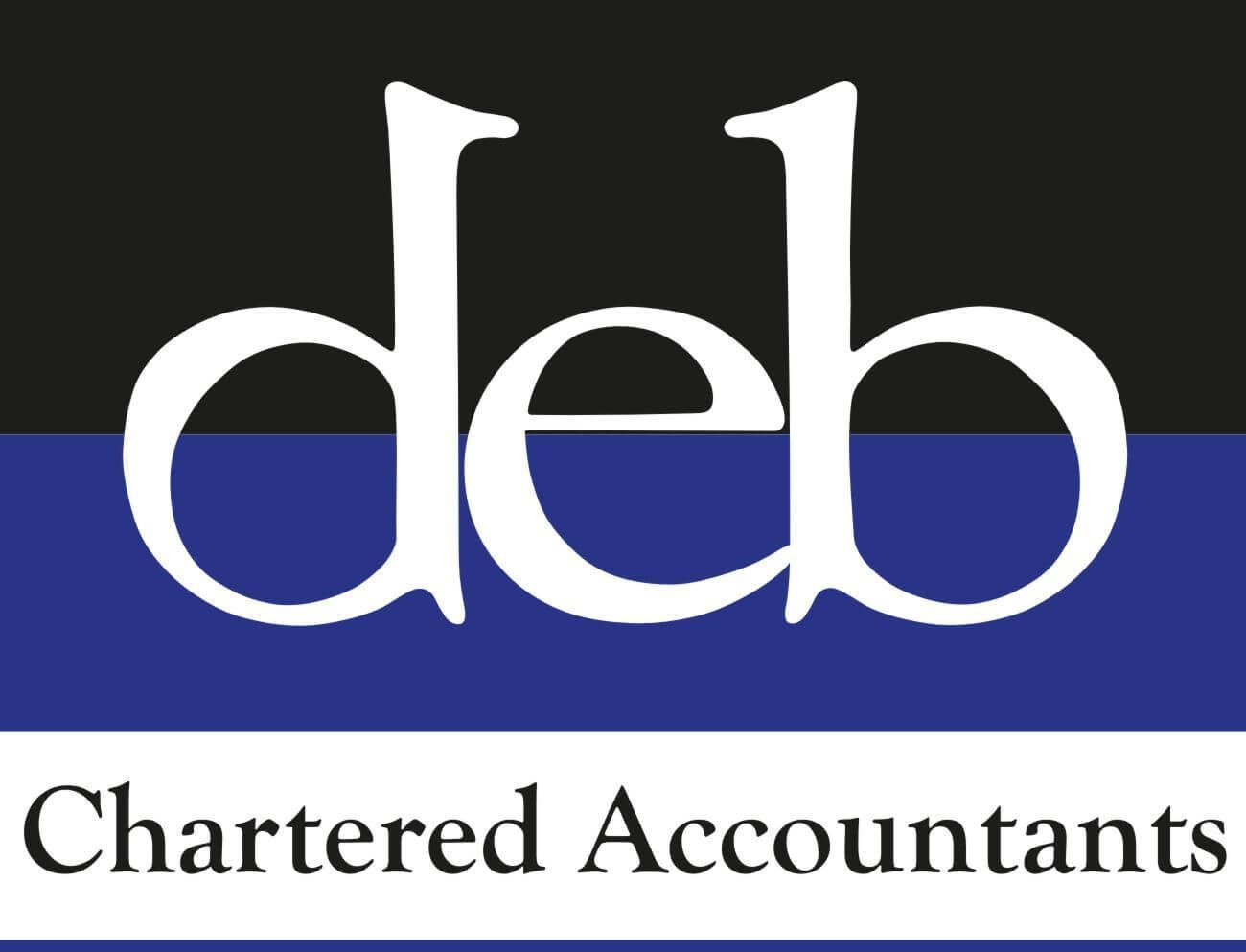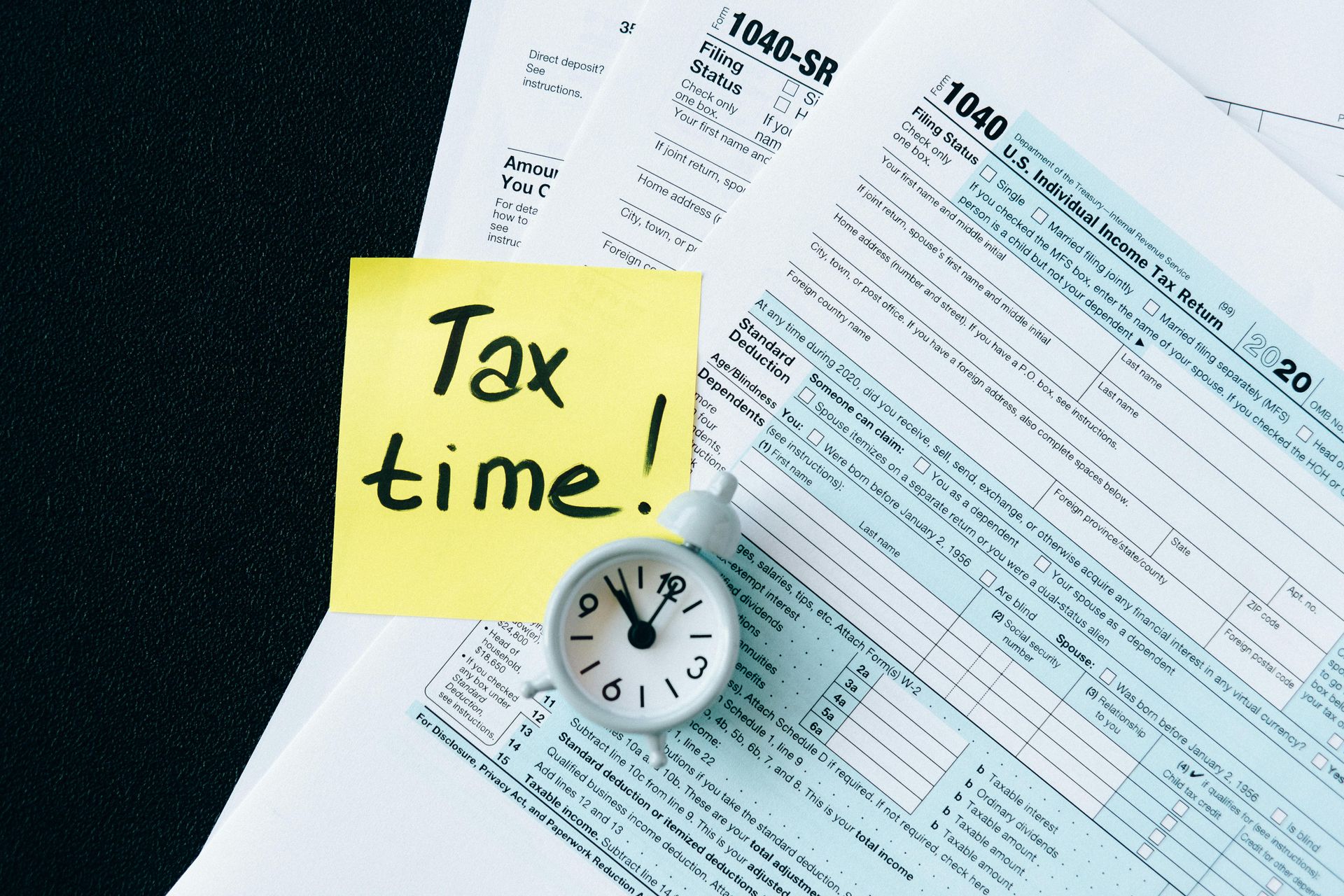Capital Gains On Property
Capital Gains Tax and UK Property Disposal: What You Need to Know

For individuals disposing of UK property,
Capital Gains Tax (CGT) can be a significant financial consideration, particularly given the rise in property values. CGT is imposed on the profit (or capital gain) made from selling, gifting, or transferring an asset. In this blog, we explore how CGT works with a specific focus on UK residential property, along with practical examples to help you understand the implications.
What is Capital Gains Tax?
Capital Gains Tax is a tax on the profit made when you sell or dispose of an asset that has increased in value. In the context of property, the tax is applied on the
difference between the acquisition cost and the sale price. For UK residents, this can occur through a variety of disposals, including:
- Selling property to a third party.
- Gifting property to a family member or friend.
- Transferring property ownership.
For example, if you purchased a property for £200,000 and later sold it for £500,000, the capital gain would be £300,000. This gain is then subject to CGT, minus allowable expenses and potential reliefs.
How is CGT Calculated?
The calculation for CGT on property disposals involves subtracting the acquisition cost (the price paid for the property) and any allowable expenses (such as legal fees, stamp duty, or improvement costs) from the sale price. The resulting amount is the capital gain, which is subject to taxation.
Here’s a breakdown using an example:
- Purchase Price: £200,000
- Sale Price: £500,000
- Gain Before Reliefs and Exemptions: £300,000
Allowable expenses, such as renovation costs, can reduce the taxable amount. If these expenses were, for instance, £50,000, the gain would be reduced to £250,000.
Annual CGT Exemptions and Reliefs
The UK government allows individuals to benefit from certain annual exemptions and reliefs to reduce the CGT payable. For the 2024/2025 tax year, each individual has an annual CGT exemption of £3,000.
Example:
Let’s revisit the previous example where the capital gain is £250,000. After applying the £3,000 exemption, the taxable gain would be reduced to £247,000.
In addition, you may also be entitled to reliefs, such as:
- Private Residence Relief (PRR): If the property was your main residence for all or part of the ownership period, you could claim this relief to reduce the CGT owed.
- Lettings Relief: If you rented out part of your main home, this could also lower the CGT bill.
Conclusion: Get Expert Advice
CGT on UK property disposals can be complex, particularly when calculating allowable expenses and applying for the correct reliefs. Whether you are a UK or non-UK resident, it is important to fully understand your tax obligations and seek professional advice to ensure you comply with the law and take advantage of available exemptions.
By understanding the potential tax implications and reliefs, you can reduce your CGT liability and make more informed decisions when disposing of UK property.
If you need any help or advice relating to Capital Gains Tax and UK Property Disposal, please contact us on
01226 245824. Or email
davideb@deb-accountants.co.uk.














